This final entry looks back at some of my previous blog entries – all written in connection to one published paper – to suggest it is possible (and even necessary) to ‘play with research’ in health and physical education. However, to do so requires reimagining and expanding what we so often consider ‘outcomes.’
Bringing myself back ‘into’ the research process
As a doctoral student, I think I thought NOW was the time to analyze and write up the data. That was the next step in this linear process – wasn’t it? And, in this linear process, maybe it was also suggested that particular terminology (e.g., the primary researcher) and writing styles (e.g., third person) be used in such representation – to fulfill academic (or scholarly) expectations, of course.
This is the crossroads that I opened with and will explore in this entry. I hope some of you – whether you are in the midst of your dissertation, an early career scholar or a more established mentor – let it sit with you.
‘Playing with research’: (Un)coding?
‘Playing with Research’: Theory Troubles
‘Playing with Research’: Writing as Inquiry?
This entry turns to Laurel Richardson’s (2000) notion of writing as a method of inquiry. It builds on my previous entry, in which I played around with poetic transcriptions. For Richardson (2000), poetic representation is one of many creative analytic practices through which to experiment. Here, I play with writing as inquiry to show a small part of the process that produced a ‘final’ publication…
‘Playing with Research’: A Poetic Transcription
This entry focuses on the use of poetic transcription as a creative way to reflect on research, to use ‘member checking’ with follow-up interviews, and to (re-)present research through evocative writing. It shows two different approaches (written and a video). It also expands upon some data that never made it into the ‘final’ publication…






